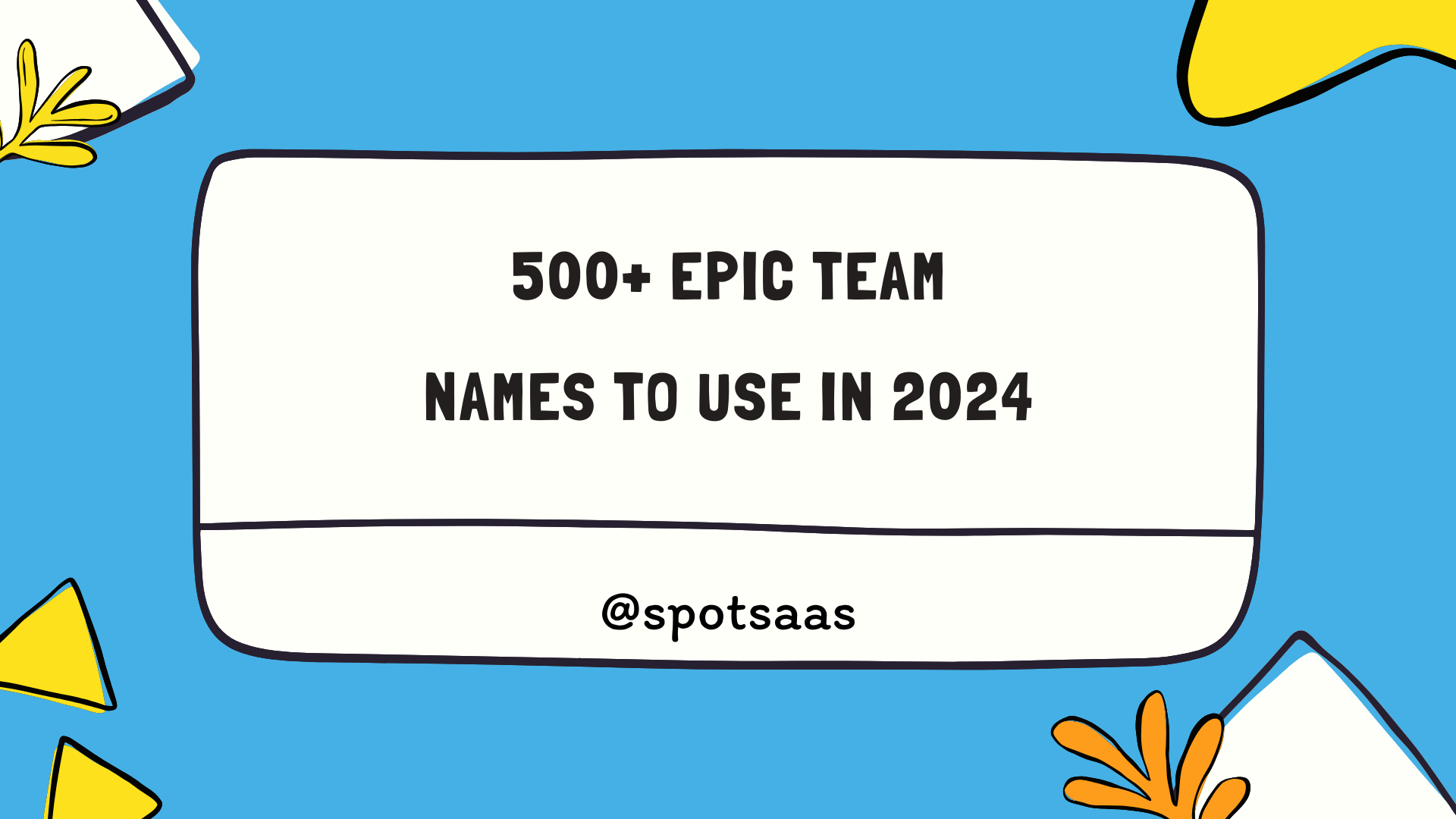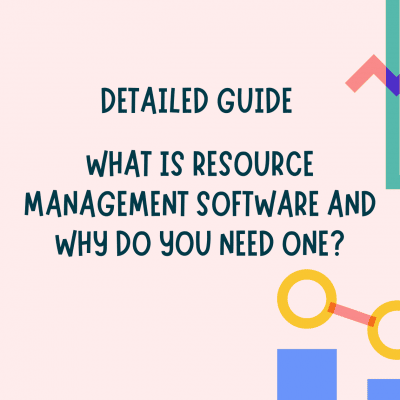How To Choose The Best Retail Software
Choosing the best retail software can be a bewildering task, given the plethora of options available. A high-performing Point-of-Sale (POS) system simplifies operations, improving customer satisfaction, and propelling your business to success.
This guide will walk you through key factors to consider when choosing retail software; from must-have features to budget considerations. Get ready as we unveil how to find an ideal POS solution tailored specifically to your needs!
What is Retail Software?
Retail software refers to the technology and tools used by businesses in the retail industry to manage various aspects of their operations, such as inventory management, sales tracking, customer management, and more.
It is designed to streamline processes, improve efficiency, and enhance the overall shopping experience for both customers and retailers. With its wide range of features and capabilities, retail software has become an essential tool for businesses looking to stay competitive in today’s fast-paced retail landscape.
Definition
Retail software is a tool that stores use. It helps to sell things to people. This can be in a real store or online. The software keeps track of what items are sold and how much money the store makes.
It also handles ways for customers to pay, like with cash, cards, or online methods. Retail software works on computers, phones, or special machines called POS (Point of Sale) systems at check-out spots in stores.
Benefits for businesses
Retail software brings good change to businesses. It helps shops make more money and keep customers happy. A top POS system lets you take payments anywhere, sell stuff online, keep track of what is in stock, and run ads.
If a shop sells both at the store and on the web, they will like a system that can do it all. This is important for growth too. Get your hands on Blink; many people say it’s one of best options for shops! Test different systems till you find one that works well with your e-commerce platform and other tools like Mailchimp or QuickBooks.
Key Features to Look for in Retail Software
When choosing retail software, it is important to consider key features such as inventory management, multi-channel sales, payment processing options, sales tracking and reporting, as well as customer and employee management.
These features will help businesses streamline their operations and improve overall efficiency.
Inventory management
Managing your stocks is easier with retail software. It can track what you have in store and what is sold out. You won’t run out of things to sell or have too many that no one buys.
Some software even lets you check how much of each item you have across different stores if you own more than one. And if a popular item gets low, the system will tell you it’s time to order more! So, by using retail software for keeping tabs on your inventory, managing your store becomes simpler and smarter.
Multi-channel sales
Multi-channel sales is an important feature to consider when choosing retail software. It allows businesses to sell their products or services through multiple channels, such as in-store, online, and through mobile apps.
This helps reach a wider customer base and increase sales opportunities. With multi-channel sales functionality, retailers can easily manage inventory across different channels, track orders from various sources, and provide customers with a seamless shopping experience no matter where they choose to make a purchase.
By embracing multi-channel sales capabilities offered by the right retail software, businesses can enhance their competitiveness and drive growth.
Payment processing options
Choosing the right payment processing options is an important factor to consider when selecting retail software. It’s crucial to find a POS system that offers seamless integration with your preferred payment processors, such as Stripe or PayPal.
This allows you to accept various payment methods, including credit cards and mobile wallets, providing convenience for your customers. Additionally, look for a retail software solution that offers competitive transaction fees and supports high-risk sales if needed.
The right payment processing options can help streamline transactions and ensure secure payments, ultimately helping your business succeed in today’s digital landscape.
Sales tracking and reporting
Sales tracking and reporting is an essential feature to consider when choosing retail software for your business. With this feature, you can easily keep track of your sales performance and generate detailed reports to analyze trends, identify top-selling products, and make informed business decisions.
By having access to accurate sales data, you can measure the effectiveness of your marketing strategies, monitor inventory levels, and forecast future sales. This information can help you optimize your operations, improve customer satisfaction, and ultimately drive the success of your business.
Customer and employee management
Effective customer and employee management is essential for running a successful retail business. With the right retail software, you can efficiently handle tasks like tracking customer information, managing loyalty programs, and processing sales transactions.
This software allows you to easily keep track of inventory levels and monitor sales trends. Additionally, it enables you to manage your employees’ schedules and performance effectively.
By investing in the best retail software that prioritizes customer and employee management features, you can streamline operations, provide better customer service, and boost overall productivity in your retail store or business.
Factors to Consider When Choosing Retail Software
When choosing retail software, factors such as budget, business size and growth potential, specific needs and requirements, as well as ease of use and customization options should be considered.
Budget
When choosing retail software, one important factor to consider is your budget. You need to determine how much you are willing to spend on a POS system that meets your needs.
It’s essential to find a balance between affordability and functionality. Look for budget-friendly options or even free software solutions that offer the features your business requires.
However, keep in mind that while free options may save money upfront, they may lack certain advanced capabilities or come with limitations. Consider not only the initial costs of the software but also any additional fees such as hardware expenses or payment processing fees.
Business size and growth potential
Consider the size of your business and its growth potential when choosing retail software. A small business may have different needs than a larger one, so it’s important to find software that can accommodate your current operations and scale with your growth.
Look for features like inventory management, multi-channel sales, and customer management that can support your business as it expands. It’s also crucial to consider factors such as budget and specific requirements when making this decision.
Finding the right retail software can help streamline operations and drive success in the future.
Specific needs and requirements
When choosing retail software, it’s important to consider your specific needs and requirements. Think about the size of your business and its potential for growth. Consider factors like budget, ease of use, and customization options.
Determine what features are essential for your operations, such as inventory management, multi-channel sales, payment processing options, sales tracking and reporting, as well as customer and employee management capabilities.
It’s also crucial to ensure that the retail software you choose is compatible with your e-commerce platform for seamless integration. Additionally, consider if mobility is important for your business so you can accept payments on the go.
Evaluate different order fulfillment options available through the software and check if it offers eCommerce integration.
Ease of use and customization options
The ease of use and customization options are important factors to consider when choosing retail software. You want a point-of-sale system that is intuitive and user-friendly, so your employees can quickly learn how to operate it.
Look for software with a customizable interface that allows you to tailor it to suit your specific business needs. This way, you can create a system that matches your workflow and makes it easier for your staff to navigate through different tasks.
Customization options also enable you to add or remove features as your business evolves, ensuring that the software continues to meet your requirements over time.
How to Choose the Best Retail Software for Your Business
To choose the best retail software for your business, determine your budget, identify must-have features, research and compare options, get demos and quotes, and consider implementation and training processes.
Find out more here.
Determine your budget
To choose the best retail software for your business, it’s important to determine your budget. Consider how much you’re willing to spend on a POS system and any additional costs such as hardware or payment processing fees.
Keep in mind that there are both budget-friendly options and more expensive ones with advanced features. Finding a balance between affordability and functionality is key. Knowing your budget will help narrow down your options and make the selection process easier.
Identify your must-have features
To choose the best retail software for your business, it’s important to identify the features that are must-haves for you. Think about what you need most in a point-of-sale system.
Do you need inventory management to keep track of your products? How about multi-channel sales capabilities, so you can sell both in-store and online? Consider payment processing options that fit your needs, whether it’s high-risk sales or choosing a specific payment processor.
Sales tracking and reporting tools can help you analyze your business performance. Lastly, think about customer and employee management features that can streamline operations and improve customer service.
Research and compare options
To choose the best retail software for your business, it’s important to do some research and compare different options. Look for software that fits your specific needs and requirements.
Consider factors like budget, business size, and growth potential. Identify the key features you must have in a retail software system. Take the time to research and compare different options available on the market.
Get demos and quotes from various providers to see which one offers the best value for your money. Also, consider how easy it is to implement and train your staff on using the software.
Get demos and quotes
To choose the best retail software, it’s important to get demos and quotes from different providers. Demos allow you to see how the software works and if it meets your specific needs.
You can also ask questions and get a better understanding of its features. Getting quotes will help you compare prices and find an option that fits your budget. It’s recommended to request demos and quotes from multiple providers so you can make an informed decision based on your requirements, costs, and overall value for your business.
Remember, choosing the right retail software is crucial for improving operations and driving success in today’s competitive market.
Consider implementation and training processes
Implementing and training your team on the new retail software is a crucial step in ensuring its successful adoption. Look for software providers that offer comprehensive implementation support and training resources.
This could include on-site assistance, user manuals, video tutorials, and customer support channels. Make sure the software is user-friendly so that your employees can quickly learn how to use it.
Also, consider the time it will take to fully implement the software and train your staff accordingly. A smooth transition will help minimize disruption to your business operations and maximize the benefits of using the new retail software.
Conclusion
When it comes to choosing the best retail software, it’s important to consider your specific needs and requirements. Look for a POS system that fits your budget, has key features like inventory management and multi-channel sales, and can easily integrate with your existing platforms.
Research, compare options, and get demos and quotes before making an informed decision. By selecting the right retail software for your business, you can streamline operations, improve customer satisfaction, and drive success in the ever-evolving world of retail.




